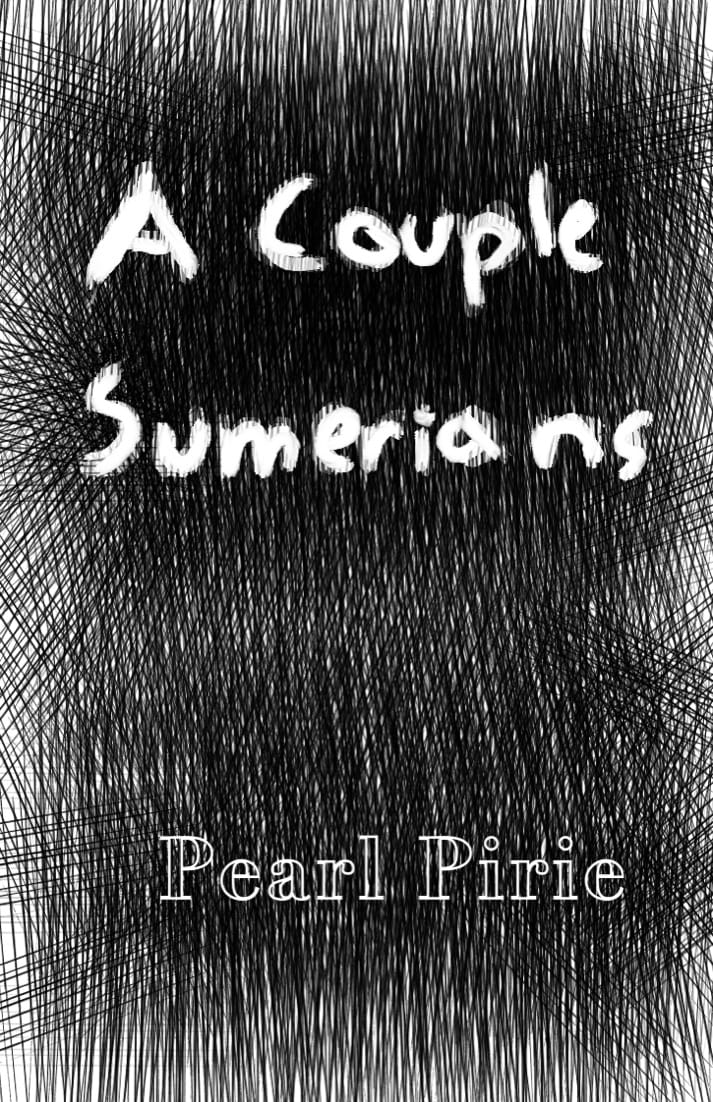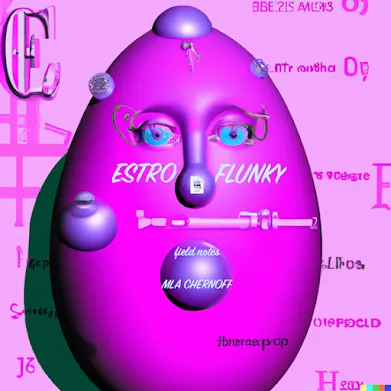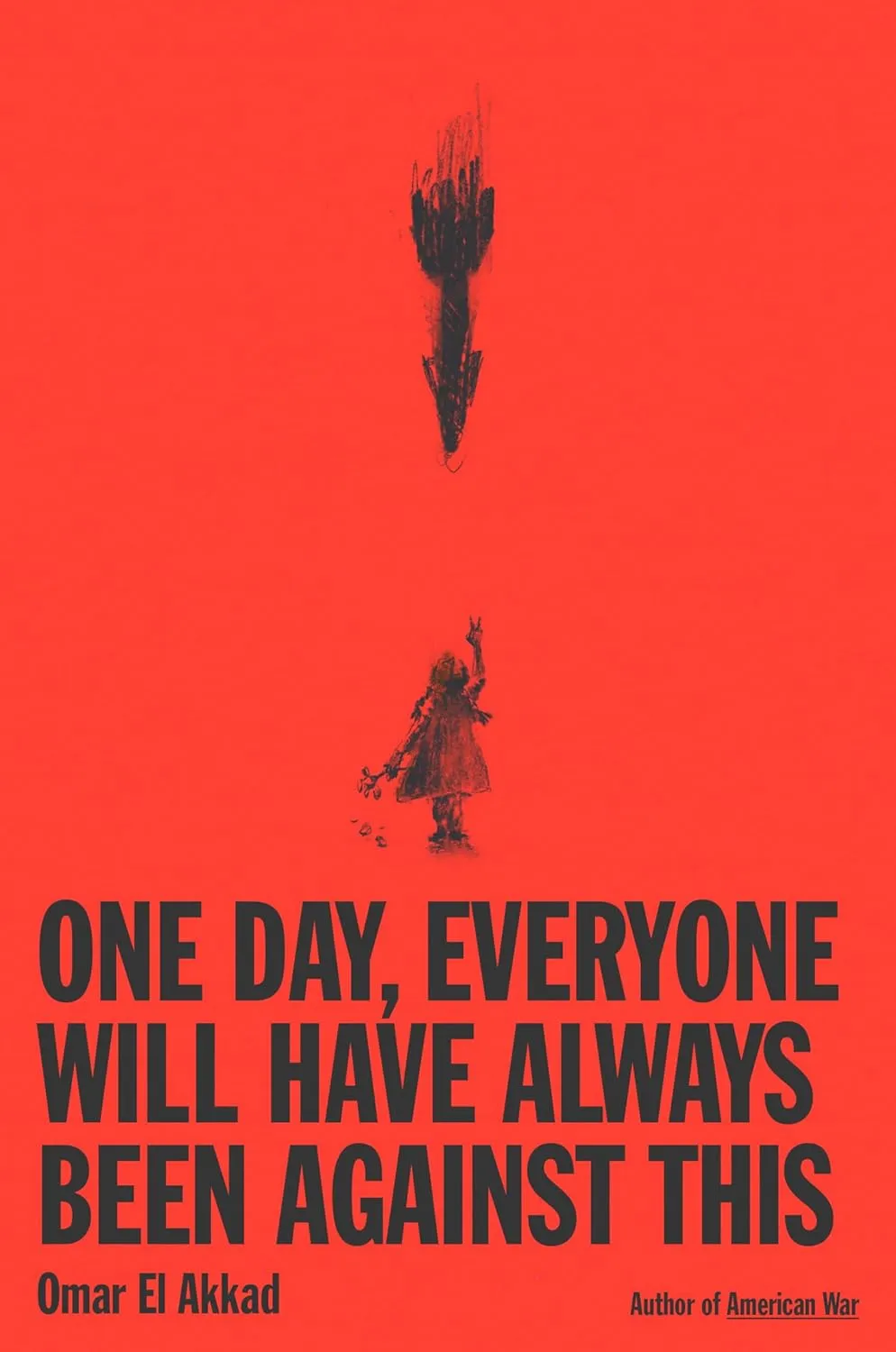Pearl Pirie, A Couple Sumerians
These poems are domestic, full of love, adoration, and humanity, yet brief, soft, and lightning-sharp, with a recurring motif of eye contact. Intimate.

Pearl Pirie and Hugh Thomas shared the spotlight with me circa 2023 when James Hawes took it upon himself to publish our chapbooks and host a reading in Hamstead NDG, a part of town I used to live in and am still very fond of. That night was electric.
People were smiling, laughing, and plenty, much to my surprise. The venue had been moved at the last minute, and I was expecting a reading like one of those described in Stuart Ross’s inimitable Confessions of a Small Press Racketeer. I was mentally preparing in the car on the way over to encounter maybe half a dozen to a dozen people at most. But it was easily 50 people or more.
The spotlights were mounted up high, the projector had a dedicated person operating it, a mic, a big open stage, and countless folding chairs. It was spectacular.
This was the same night I first encountered Pearl Pirie and her work in A Couple Sumerians.
I have a special place in my heart for the people of Sumer. Once upon a time, I felt inspired wandering aimlessly through the Louvre exhibition, writing down the translations dutifully in my pocketbook to reflect on later wistfully.
Pearl Pirie needs no introduction, except for me. I am the perennial uninitiated.
Pirie has published poetry books: footlights (2020), the pet radish, shrunken (2015), Thirsts (2011), and been shed bore (2010); and chapbooks: Rushing Dusk (2024), We Scrawl Our Likenesses (2023), Adding Up to This (2023), this small singing (2022), rain’s small gestures (2021), Mudflaps for short dogs (2021), Not Quite Dawn (2020), Water loves its bridges (2020), Eldon, letters (2019), Call Down the Walls (2019), Broken Fractal Fractions (2018), rob plunder gift (2018), Sex in Sevens (2016), An Ongoing Lack of Spontaneous Combustion (2016), Reviews of Non-existent Titles (2015), Please Don’t Tickle the Salamander’s Belly (2015), Writing Sparks (2015), vertigoheel for the dilly (2014), and today’s woods (2014).
Pearl Pirie has a forthcoming chap coming out in 2025 called We Astronauts.
This list is far from exhaustive, and I am honestly stunned by my envy, but I am not surprised. Pearl Pirie has been busy for the past decade and has written at least twice as many book reviews as books she has written.
So, what are these poems about? Some are motherly, some feminine. Some are smirk-inducingly mirthful reflections on aging, such as the poem “vacation day at 43.”
There is something very 19th-century France about describing the titular Sumer as primeval that is the signal of a happy few, a dying breed of enlightened adults, as a secular Garden of Eden even.
What joys can I usurp to leave the best ones remaining while describing what makes reading this chap so wholesome? My answer may be waiting for me further along in the manuscript.
I turn the page and encounter the next title: “How can there be breeze in trees here while Gaza is again bombed”. I read the poem twice and soak in the reflection, the implied sullenness of self-aware privilege, a snapshot of the world we live in. It’s not a theme uncommon in Canadian poetry.
I read it a third time and sympathize. It’s a poem written in collaboration with her partner, Brian. The sentences in italics are presumably borrowed or lent by her or him to one another.
It’s rhetorical, but I think the reflection is on the tragedy in Gaza as much as it is on the Anglo-in-Quebec experience. Politics is an everyday dialogue for the Anglo-in-Quebec. It makes us spicy dinner guests to our western- and eastern-more hosts when travelling out of province, the proverbial ROC (rest of Canada). I don’t want to make a poem with Gaza in the title about us Montrealers; however, just mention that the dialogue this collaborative work represents is couched in a lived experience I understand.
Everything in this poem is implied. There is no question mark at the end of the title, and the poem contains no further mention of Gaza. It is a cento and a response to an unasked question, extremely nebulous. But the privilege is self-aware, and that itself speaks volumes, where Pirie, like myself, may not feel qualified to speak directly on the topic at large. This hearkens back to the concept of a secular Garden of Eden I mentioned earlier.
These poems are domestic, full of love, adoration, and humanity, yet brief, soft, and lightning-sharp, with a recurring motif of eye contact. Intimate.
Page 20, the final one in the chap, ends on a resonant line I won’t spoil here. But, based on these poems alone, I would easily recommend reading anything of Pearl Pirie’s you can get your eyes on.
Bibelotages Newsletter
Join the newsletter to receive the latest updates in your inbox.



